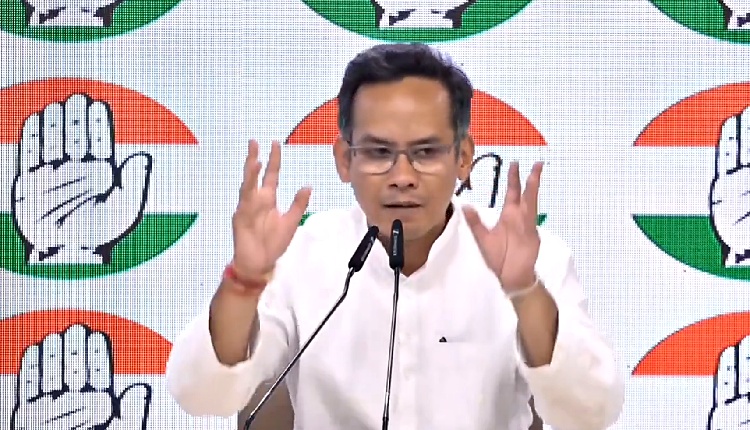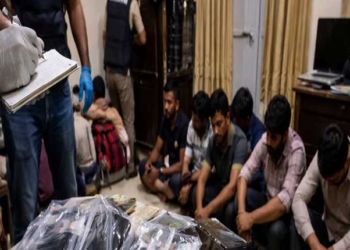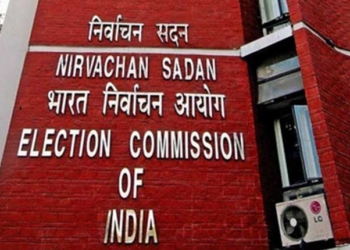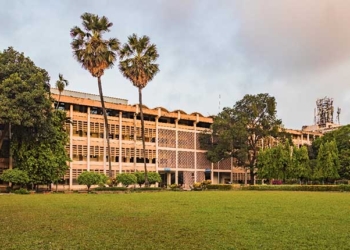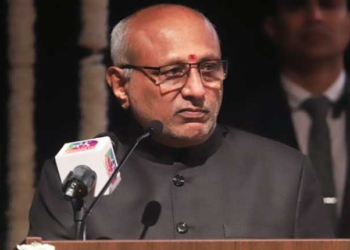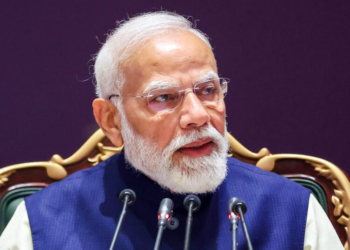New Delhi: The Congress has rejected the government’s annual Economic Survey presented in the Parliament on Monday, asserting that it diverged significantly from the actual ground reality of the country.
Speaking at a press conference at the AICC headquarters here, Gaurav Gogoi, Congress Deputy Leader in the Lok Sabha, claimed the Survey ignored the harsh realities of soaring prices and widespread unemployment gripping the country.
Accusing the Survey of employing familiar tactics of fear and deception “associated with the Modi administration”, the Congress spokesperson said if one were to believe the Economic Survey, everything would seem fine.
However, he pointed out that this was far from the truth on the ground, highlighting severe unemployment and inflation rates still hovering around 10 per cent.
He stressed that while the affluent might not feel the pinch, the poor and the middle classes were bearing the brunt of economic hardships.
Gogoi also highlighted the deteriorating conditions of public transports, particularly in the sleeper and general class compartments of the Railways, which primarily serve the poorer and middle-income groups.
He criticised the government’s focus on air-conditioned coaches at the expense of basic travel needs for these sections of the society.
On the pressing issue of unemployment, Gogoi pointed out instances where desperate youth resorted to extreme measures such as joining foreign militaries such as the Russian Army to fight in Ukraine, or working in the conflict zones of Israel due to lack of opportunities at home.
He claimed that many were even attempting illegal imigration in search of livelihoods.
Accusing the government of indulging in empty rhetoric, Gogoi expressed skepticism about any meaningful outcomes from the Union Budget to be presented on Tuesday.
He also cited the concerns raised by a former Deputy Governor of the Reserve Bank of India regarding the concentration of economic power in a few large corporations.
Concluding his remarks, Gogoi lamented that the Budget appeared poised to benefit a select few powerful entities, while ordinary citizens, unemployed youth, and farmers would only get hollow promises and slogans.
(IANS)




